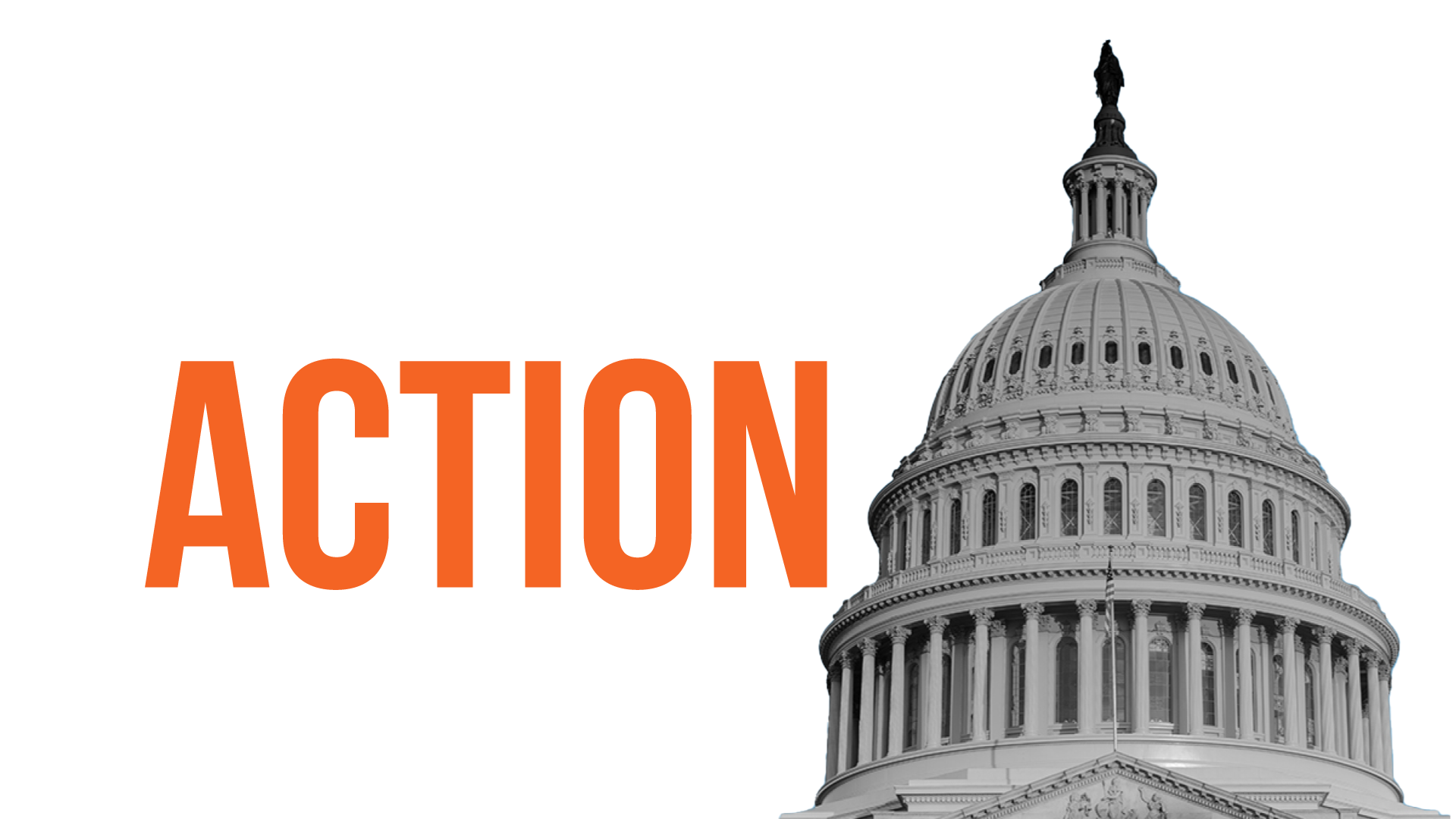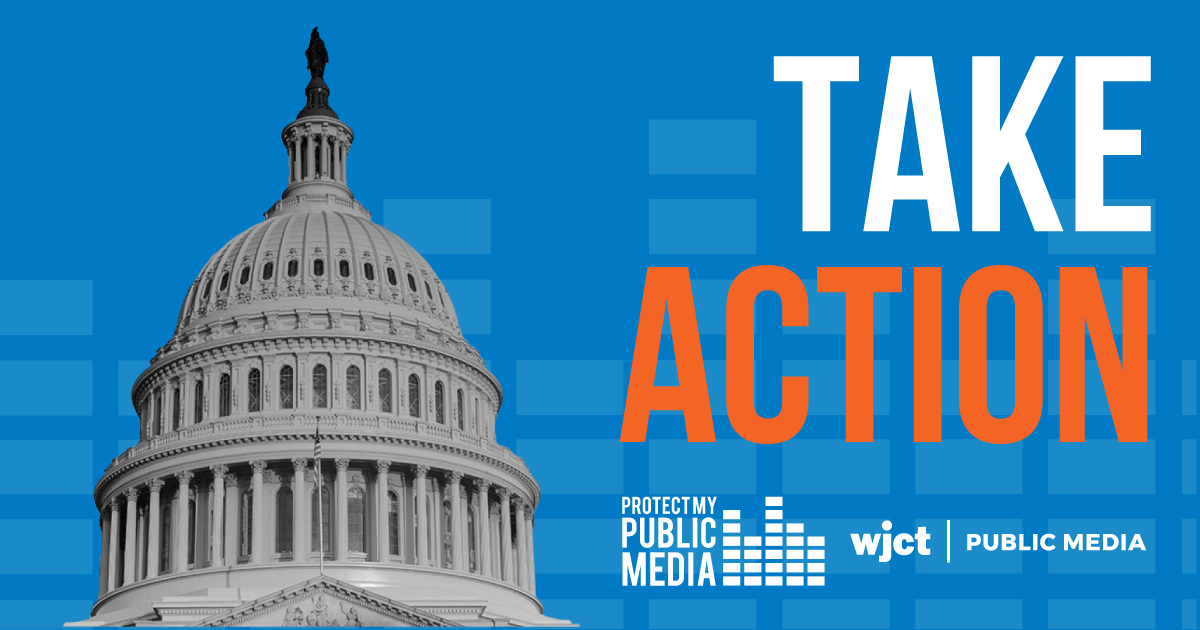
The Latest Updates
Federal Funding Lost: House Votes to Approve Rescissions Package
Friday, July 18, 2025 at 11:08 am EDTSenate Votes to Approve Rescissions Package
Thursday, July 17, 2025 at 9:53 am EDTDeSantis Vetoes Funding for Florida Public Media
Tuesday, July 1, 2025 at 12:39 pm EDTSenate Appropriations Committee Hearing Date Set
Friday, June 20, 2025 at 1:55 pm EDTHouse Votes to Pass Rescissions | Call Your Senators Now
Thursday, June 12, 2025 at 5:08 pm EDTRescission Memo Delivered: Your Immediate Action Is Needed
Wednesday, June 4, 2025 at 11:42 am EDTWhat You Need to Know
Federal funding and WJCT Public Media
Each year since the passage of the Public Broadcasting Act of 1967, Congress has approved an appropriation of federal funds for the Corporate for Public Broadcasting (CPB). CPB is in charge of distributing the funds — approximately $565 million, or $1.60 per American — to public media organizations around the country.
Roughly 70% of those funds go to hundreds of public television and radio stations, like WJCT, that serve local communities with a broad range of services, including the many things we do right here in NE Florida like: early childhood education services, local journalism, public safety, in-person events like Lunch and Learn programs, concerts, and film screenings, and much, much more. PBS and NPR receive much of their funding from stations like us, but they also receive some federal money directly from CPB.
The federal funding appropriation for public media has had bi-partisan support in Congress for decades.
What are the key things I should know about federal funding for public media?
- Public media reaches 99.7% of the U.S. population and serves millions of Americans every day, for free.
- Federal funding for public media represents 0.0073% (less than 1/100th of one percent) of the total US budget.
- The Corporation for Public Broadcasting (CPB) is an independent nonprofit that distributes federal dollars (an average of $1.60 per American annually) to local stations. That money is used to invest in programming and services according to each community’s needs.
- About 15% of WJCT Public Media's annual operating revenue comes from CPB.
- CPB funding allows public media stations to pool resources towards satellite interconnection, emergency alert systems, music licensing, and development of educational programs, all of which would be too expensive for stations to do on their own.
- Just last month, Pew Research reported that Americans support federal funding for public media by a margin of 2:1.
What would happen if WJCT Public Media lost CPB funding?
WJCT Public Media has a broad base of support and a diversified revenue model, with ~86% of our funding from local and regional sources. If federal funding were to disappear virtually overnight; however, we will not escape unscathed, and we will have to accelerate our work to make up for a significant gap.
But make no mistake — the immediate claw back of already appropriated funds will be devastating for the public media system as we know it. For the hundreds of public radio stations and public television stations across the country that make our network reach universal, accessible to 99.7% of Americans in the places where they live, for free. For PBS and NPR, which depend on those stations for the funds it needs to provide programming and services. And for all of us who depend on the public media system for the broad range of services — too many to easily list here — that are so vital to a functioning democratic society.
What can I do?
Advocate
Make your voice heard in the offices of your elected members of Congress, both in the Senate and in the House. Please visit protectmypublicmedia.org, which makes it very easy to do — just enter your name and address and you can click to send an email directly to your representatives in Congress, while also keeping abreast of developments. And tell your friends! We need to make it very clear that federal funding for public media is money well spent, and is essential to preserve.
Donate
Local community support is our largest and most stable source of funding, and WJCT’s continued service to this region will require your ongoing support. If you’re already a contributing member, thank you! If you’re not, or if you can give more generously, now is an excellent time to join or increase your support.

